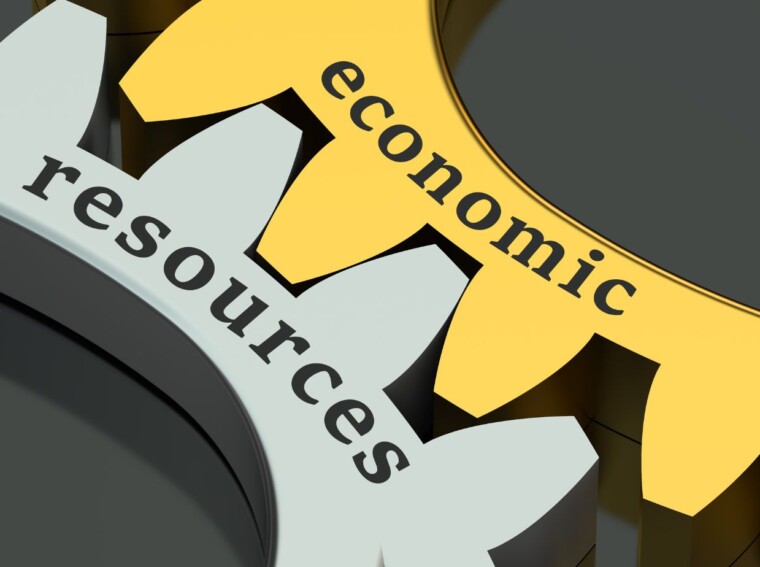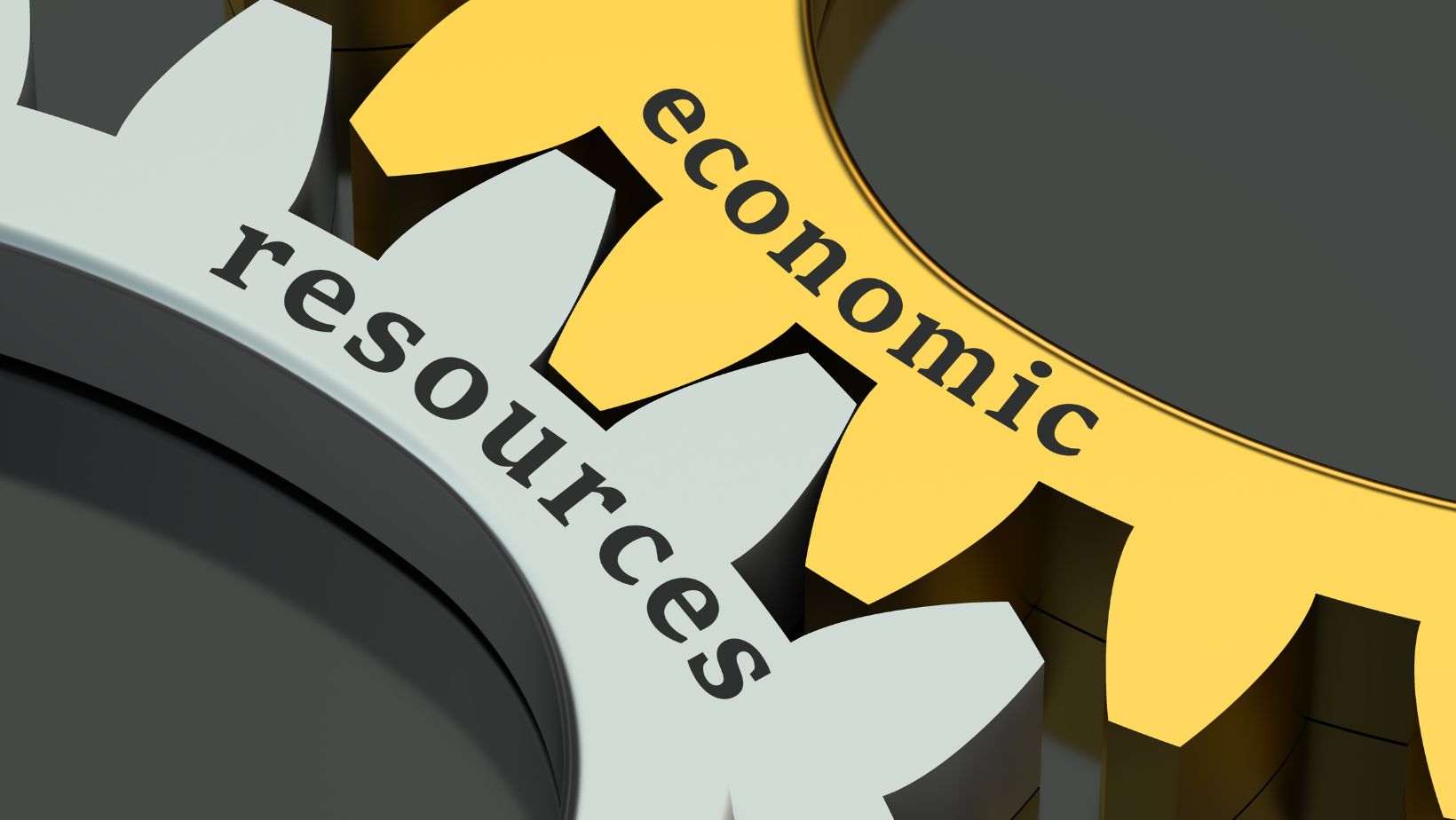Picture this: you walk into a store and see a plethora of products on the shelves. From gadgets to groceries, it seems like there’s an endless supply of everything. But here’s the catch – behind the scenes, there’s a complex network of economic resources at play. These resources, such as land, labor, and capital, are finite and ultimately determine the production and availability of goods and services.
So, why does this matter? Understanding the concept of economic resources is crucial for comprehending how our economy functions. By exploring the relationship between limited resources and the goods and services we desire, we can gain insights into the forces that shape our everyday lives. Stick around to learn more about this intriguing topic and unlock the secrets of economic resources and their impact on our world.
The Concept of Economic Resources
When it comes to understanding the availability of goods and services, it is essential to grasp the concept of economic resources. Economic resources are the inputs that are used to produce goods and services in an economy. These resources can be grouped into three main categories: land, labor, and capital.
- Land: Land refers to all natural resources that are available for production. This includes not only the physical land itself but also the minerals, water, and other resources that are found on or beneath the land. Without land, it would be impossible to produce the raw materials necessary for the creation of goods and services.
- Labor: Labor encompasses the physical and mental effort put forth by individuals in the production process. It includes the skills, knowledge, and expertise of workers. Human capital, which refers to the education and training of workers, is an important aspect of labor. Without the contribution of labor, the transformation of raw materials into finished products would not be possible.
- Capital: Capital refers to the man-made resources that are used to produce other goods and services. This includes machinery, equipment, tools, buildings, and technology. Capital plays a crucial role in increasing productivity and efficiency in the production process. It allows for the transformation of raw materials into finished products on a larger scale.
By recognizing the importance of economic resources and their relationship to the production of goods and services, we can gain insights into how the economy functions. It also highlights the significance of making informed choices about resource allocation, as these decisions impact the quality and quantity of goods and services available to individuals and society as a whole.

Economic Resources Means Limited Goods And Services.
As I delve into the topic of economic resources and their role in determining the availability of goods and services, it becomes evident that the limited nature of these resources directly affects the quantity and variety of products that can be produced. This relationship ultimately translates to the impact they have on the overall economy.
Let’s explore the implications of economic resources on the economy:
1. Resource Allocation: The limited availability of economic resources necessitates careful allocation to different sectors of the economy. Each resource has competing demands and must be distributed efficiently to maximize production. For instance, a country with abundant agricultural land may choose to allocate a significant portion of its resources to the agricultural sector, resulting in increased food production and potentially higher export capabilities.
2. Opportunity Cost: Every allocation of economic resources carries an opportunity cost – the forgone alternative uses of those resources. For example, if a country decides to invest heavily in the healthcare sector, it may have to divert resources away from other sectors, like education or infrastructure. This trade-off is inherent in the limited nature of economic resources and highlights the need for strategic decision-making.
3. Productivity and Output: The availability and allocation of economic resources play a vital role in determining the productivity and output levels of an economy. When resources are efficiently utilized, organizations and industries can maximize their output, increase productivity, and contribute to overall economic growth. On the flip side, inefficient resource utilization can lead to suboptimal performance and hinder economic development.
4. Business Opportunities and Innovation: Scarcity can drive innovation and business opportunities. As certain resources become scarcer or less available, entrepreneurs and businesses are motivated to find alternative solutions or develop new technologies. This drive for innovation can foster economic growth and create new industries or markets that were previously untapped.
It is crucial to keep in mind that the impact of economic resources on the economy is not solely determined by their limited nature. Other factors, such as population growth, technological advancements, environmental factors, and government policies and regulations, also influence the availability of goods and services. The interplay of all these factors further emphasizes the significance of efficient resource allocation and management in maximizing production within the limitations imposed by scarcity.
Recognizing the limitations imposed by economic resources is essential for making informed decisions and maximizing productivity. By understanding the implications of scarcity and efficiently managing resources, businesses can thrive in a competitive market and contribute to the overall growth of the economy.

